Fishing is one of the most significant drivers of declines in ocean wildlife populations. Catching fish is not inherently bad for the ocean, except for when vessels catch fish faster than stocks can replenish, something called overfishing.
The number of overfished stocks globally has tripled in half a century and today fully one-third of the world's assessed fisheries are currently pushed beyond their biological limits, according to the Food and Agriculture Organization of the United Nations. Overfishing is closely tied to bycatch—the capture of unwanted sea life while fishing for a different species. This, too, is a serious marine threat that causes the needless loss of billions of fish, along with hundreds of thousands of sea turtles and cetaceans.
The damage done by overfishing goes beyond the marine environment. Billions of people rely on fish for protein, and fishing is the principal livelihood for millions of people around the world.
Many people who make a living catching, selling, and buying fish are working to improve how the world manages and conserves ocean resources. WWF works with a cross-section of stakeholders to reform fisheries management globally, focusing on sustainable practices that not only conserve ecosystems, but also sustain livelihoods and ensure food security.
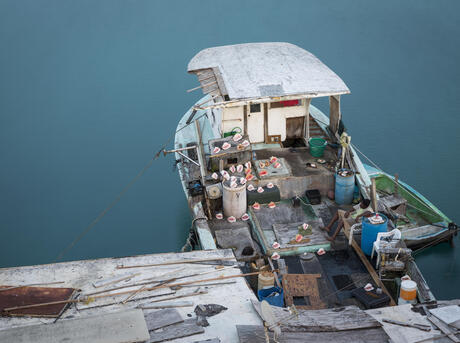
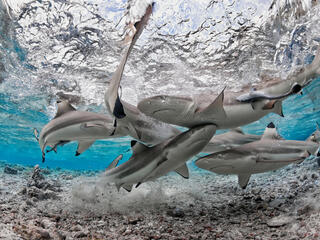
 Sustainability Works
New Coalition to Strengthen Best Practices in Seafood Sustainability
Sustainability Works
New Coalition to Strengthen Best Practices in Seafood Sustainability
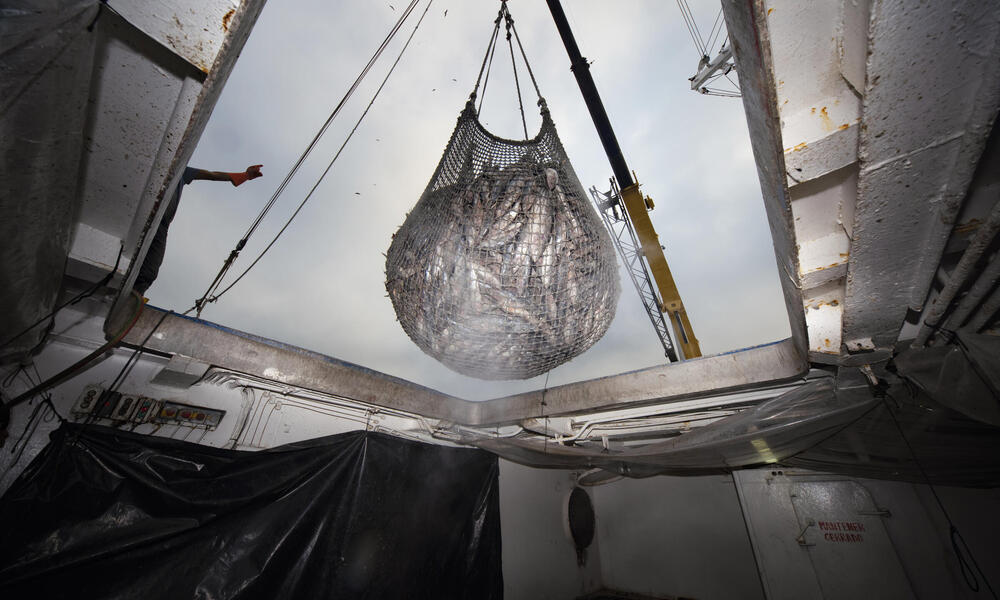
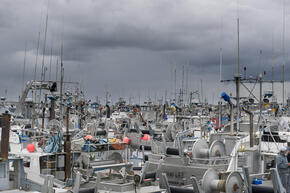
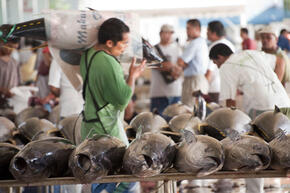
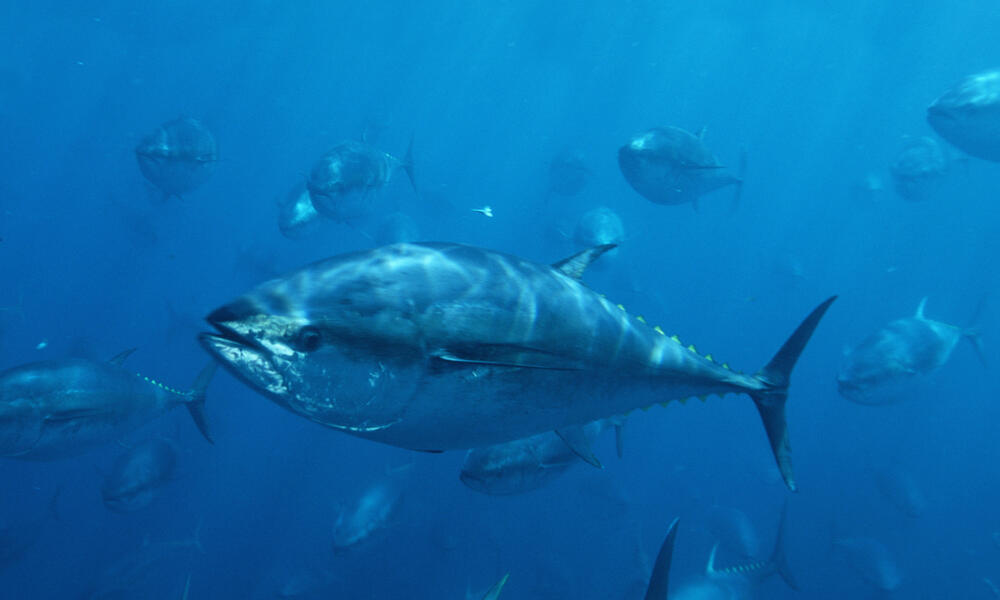
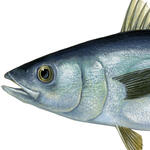 Albacore Tuna
Albacore Tuna
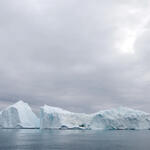 Arctic
Arctic
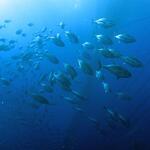 Bigeye Tuna
Bigeye Tuna
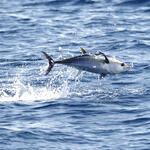 Bluefin Tuna
Bluefin Tuna
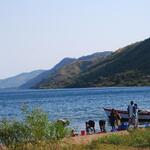 Coastal East Africa
Coastal East Africa
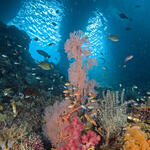 Coral Triangle
Coral Triangle
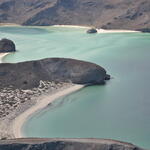 Gulf of California
Gulf of California
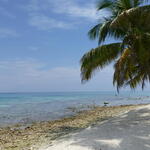 Mesoamerican Reef
Mesoamerican Reef
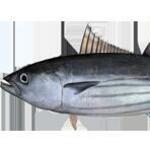 Skipjack Tuna
Skipjack Tuna
 Southern Chile
Southern Chile
 The Galápagos
The Galápagos
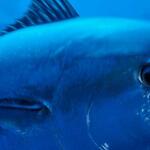 Tuna
Tuna
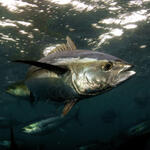 Yellowfin Tuna
Yellowfin Tuna
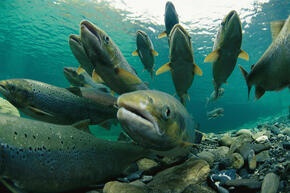
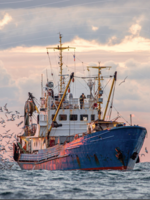
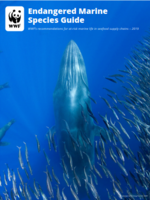
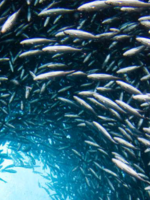
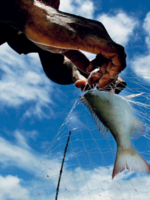
 Alison Cross
Director, Fishery Sustainability
Alison Cross
Director, Fishery Sustainability
 David K. Schorr
Senior Manager, Transparent Seas
David K. Schorr
Senior Manager, Transparent Seas
 Stephanie Bradley
Director, Fisheries in Transition
Stephanie Bradley
Director, Fisheries in Transition
 Vishwanie Maharaj
Lead, Tuna and Multilateral Fisheries
Vishwanie Maharaj
Lead, Tuna and Multilateral Fisheries
 Corey L. Norton
Vice President, Supply Chain Legality, Markets Institute
Corey L. Norton
Vice President, Supply Chain Legality, Markets Institute